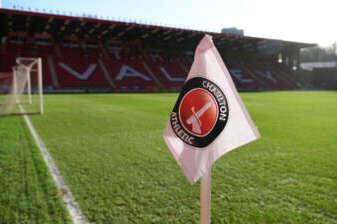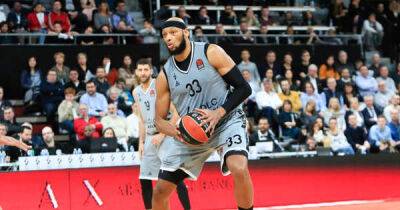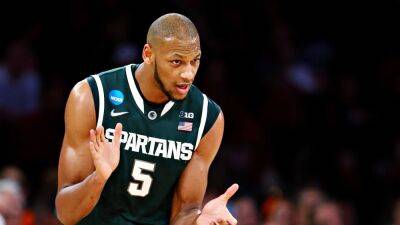‘I’m at a money-hungry school’: Athletes angry as colleges shun chance to pay them
In its athletic department’s mission statement, UCLA promises to “recruit only student-athletes who exhibit both an interest in the academic component of undergraduate life and the potential to succeed in the increasingly competitive academic environment of UCLA.” Duke University likewise “requires that students engaged in intercollegiate athletics be students first.”
Yet, despite the supposed commitment to academics at these two premier universities – who have endowments of $7.4bn and $12.7bn respectively – neither has chosen to take up new NCAA rules which allow colleges to pay their athletes up to $5,980 per year for getting good grades or merely retaining eligibility. Just this week Duke publicly acknowledged that it “has not yet made a decision on whether we will provide benefits for academic performance that are now permitted by the NCAA.” Nor are Duke and UCLA outliers: ESPN reported this month that only 22 of the 130 schools at the highest level of college football have firm plans to pay players for academic performance this year.
In fact a men’s basketball player we spoke to at a school in the Power Five, the elite level of college sport, was surprised to hear that these educational benefits were even a possibility, although he had little doubt why his institution wasn’t offering them. “We all know that the concept of ‘student-athlete’ is a joke created by the NCAA to limit athletes in the past from benefiting monetarily so that the revenues they drive in would be given to the schools and coaches,” he said.
Indeed, as sociologist Billy Hawkins has demonstrated, the structure of big-time college sports produces an “intercollegiate athletic industrial complex,” in which universities where most of the staff and






